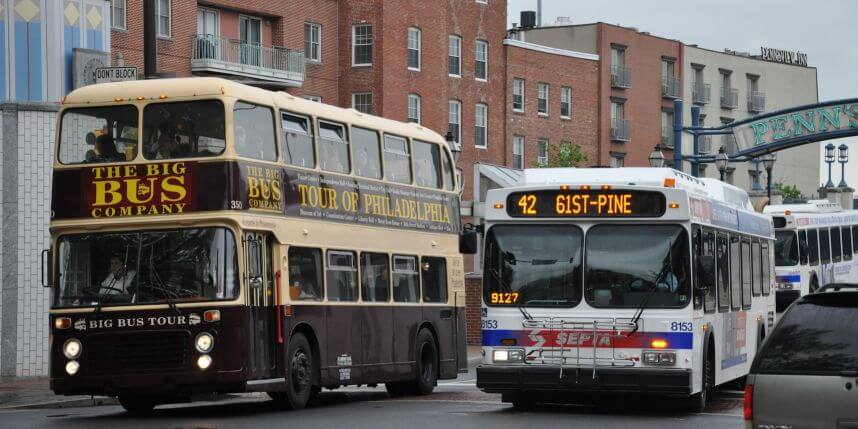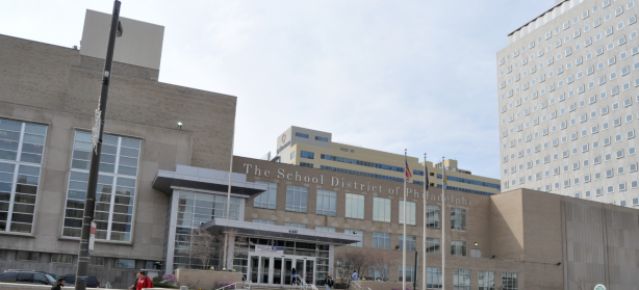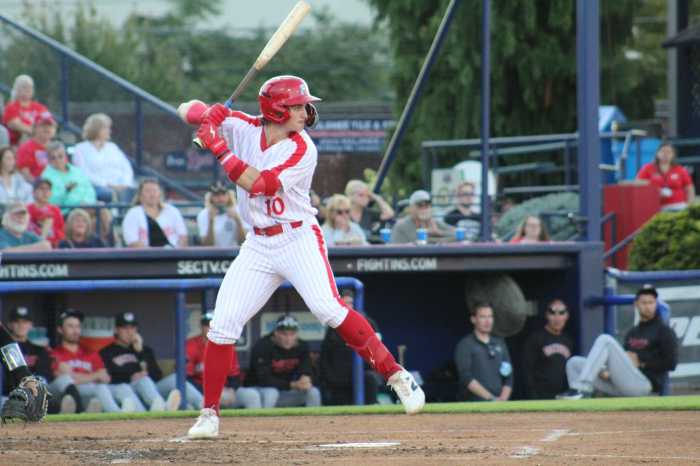After a chaotic summer, SEPTA riders could see still more disruptions in their commutes come Nov. 1. Members of the Transit Workers Local Union 234 (TWU 234) voted Sunday to go on strike. Union workers could walk out on the first day of November, the day after their contracts expire.
Unless a deal is reached before then, the strike would shut down SEPTA’s bus, subway and trolley services in Philadelphia. Regional Rail and services outside the city would not be affected.
Union officials say the contract dispute focuses on a need for pension reform, quality health care and safety and fatigue issues for drivers.
“We’re not looking for a day-by-day extension and we’re not interested in working without a contract. We want an agreement that is fair to our members that addresses pension plan inequities between managers and frontline workers, while guaranteeing quality service to our passengers,” TWU Local 234 President Willie Brown toldNBC10. Brown later told Metro that the union workers “aren’t going to tolerate the classism,” adding that the pension plans for union workers aren’t as lucrative as non-unionized SEPTA employees. Brown said they could be striking for as long as it takes. After city employees’ contracts expire, two more divisions within the union are set to have their contracts expire, as well.
The strike could include anywhere from 4,500 to 4,800 SEPTA transit workers, officials estimated.
A spokesperson for SEPTA told Metro that both parties are still talking.
“While we hope that the union does not exercise its right to strike, we are focusing on reaching a new contract that’s in the best interest of our riders, employees and stakeholders,” SEPTA said. During the summer, SEPTA was forced to repair its Silverliner V rail cars. While phasing in the repaired cars, 18 were pulled back out of service for further repairs.
From early July through August, SEPTA riders experienced delays andovercrowding on trains. The transit authority reported that it lost nearly 30,000 passengers during weekday travel.
SEPTA strike could shut down bus, subway and trolley routes early next month

Metro file photo




























